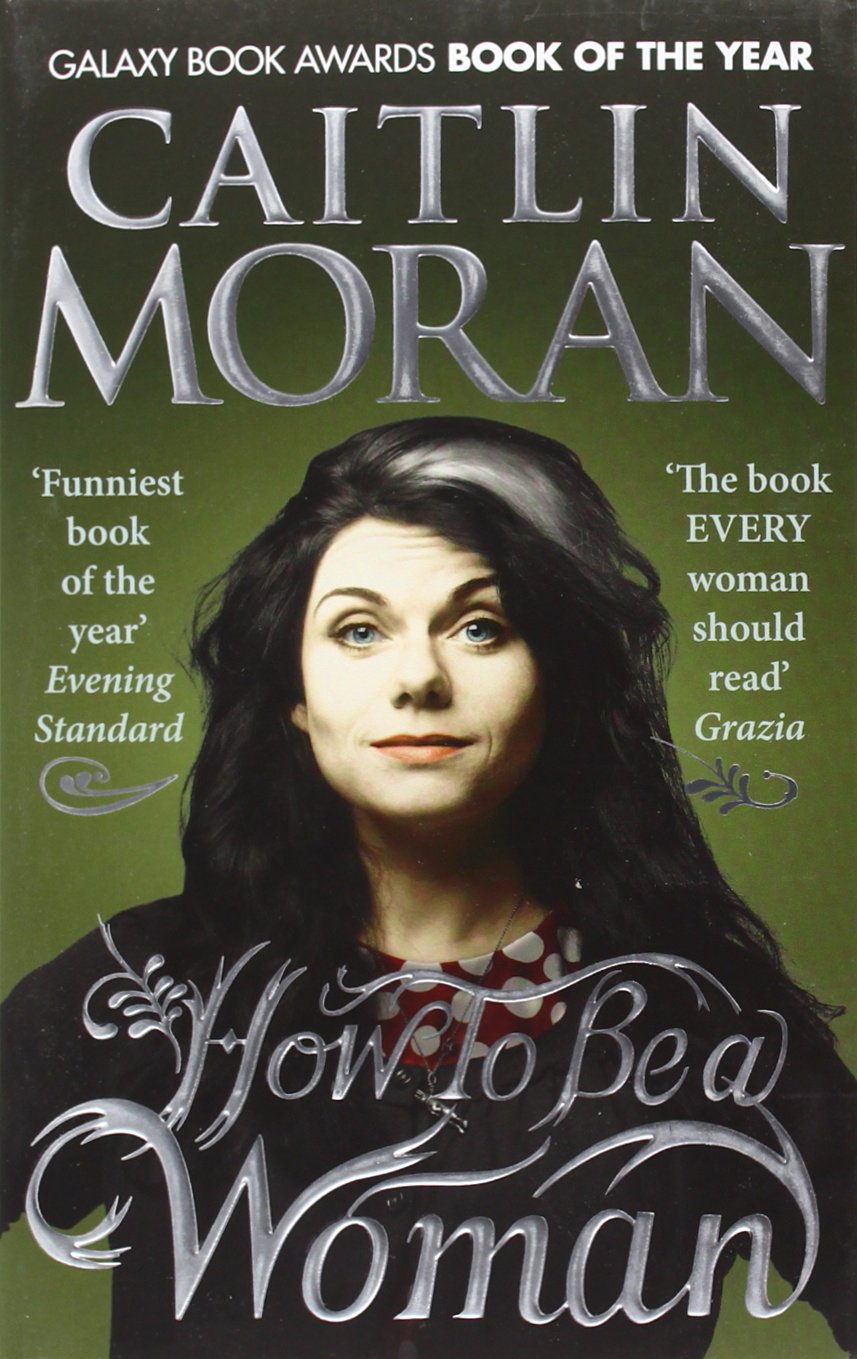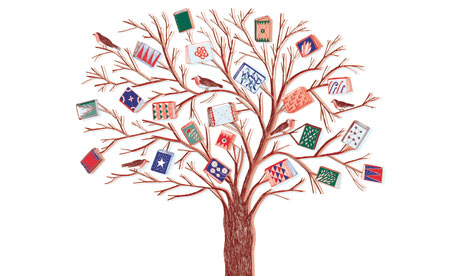Dear Lucy Worsley,
I like your book.
Well, I’m at the half-way-point of Courtiers: The Secret History of the Georgian Court and am I happy to report that I am thoroughly enjoying it. I’ve never read a book quite like Worsley’s before, indeed, I am rather at a loss to decide exactly what genre if falls into; basic logic confers that it is a factual and not fictional book, although it is not written in the style one might expect of a non-fiction book about the Georgian period. My local library catalogue categorises it as ‘history’ and concerned with ‘Kensington Palace’ and ‘Great Britain Kings and Rulers’, and, whilst these descriptions are indeed accurate – Courtiers is so much more than this. Worsley writes in the third person, yet she thoroughly succeeds in making her readers feel as though they are amidst her ‘characters’, you are very much present in the world her book inhabits. You watch the Women of the Bedchamber as they go about Queen Caroline’s toilette…you stand close-by as the quirky and downright odd characters arrive for balls at the royal palaces…and you observe the King as he makes his way to the chambers of his mistress. Make no mistake, Worsley is not just an excellent historian, she is a great storyteller.
 Indeed, to me, the book seems to revive and revitalise the age-old art of historical storytelling. Worsley introduces her readers to the goings-on of the Georgian court through a variety of people who lived amongst it. No, not just the Kings, Queens and court nobles. Courtiers allows you to explore the Georgian courts through the eyes and ears of ordinary (and also extraordinary) people. Worsley takes her inspiration from William Kent’s painting on the King’s Grand Staircase at Kensington Palace in which Kent painted a great many servants and people from the royal household and court; this leaves us, today, with a very real snapshot of the faces and attire of the people (from every class) who walked the floors of the palace during the Georgian era. Of course, many of their identities have since been lost or misconstrued, but Worsley’s skill as a historian ensures that her book is well researched and saturated with a plethora of information from a broad range of historical sources.
Indeed, to me, the book seems to revive and revitalise the age-old art of historical storytelling. Worsley introduces her readers to the goings-on of the Georgian court through a variety of people who lived amongst it. No, not just the Kings, Queens and court nobles. Courtiers allows you to explore the Georgian courts through the eyes and ears of ordinary (and also extraordinary) people. Worsley takes her inspiration from William Kent’s painting on the King’s Grand Staircase at Kensington Palace in which Kent painted a great many servants and people from the royal household and court; this leaves us, today, with a very real snapshot of the faces and attire of the people (from every class) who walked the floors of the palace during the Georgian era. Of course, many of their identities have since been lost or misconstrued, but Worsley’s skill as a historian ensures that her book is well researched and saturated with a plethora of information from a broad range of historical sources.
 Courtiers is a skillfully told and lovingly researched window into a world few got to glimpse; and it’s entertaining. A real treat. The author’s obvious enjoyment and delight in the world of her book is apparent on every page. How can you not become swept up when faced with Worsley’s ardent enthusiasm and obvious pleasure? Indeed, I chose to read Courtiers because of a general interest in the period, but now I fully intend to search out more of Worsley’s books – whatever their historical setting – purely because of her genuine talent for storytelling and her earnest passion for days gone by.
Courtiers is a skillfully told and lovingly researched window into a world few got to glimpse; and it’s entertaining. A real treat. The author’s obvious enjoyment and delight in the world of her book is apparent on every page. How can you not become swept up when faced with Worsley’s ardent enthusiasm and obvious pleasure? Indeed, I chose to read Courtiers because of a general interest in the period, but now I fully intend to search out more of Worsley’s books – whatever their historical setting – purely because of her genuine talent for storytelling and her earnest passion for days gone by.
As for the second half of Courtiers, well, I hope I don’t read it too quickly. I suspect I shall miss it when I’ve finished.






















